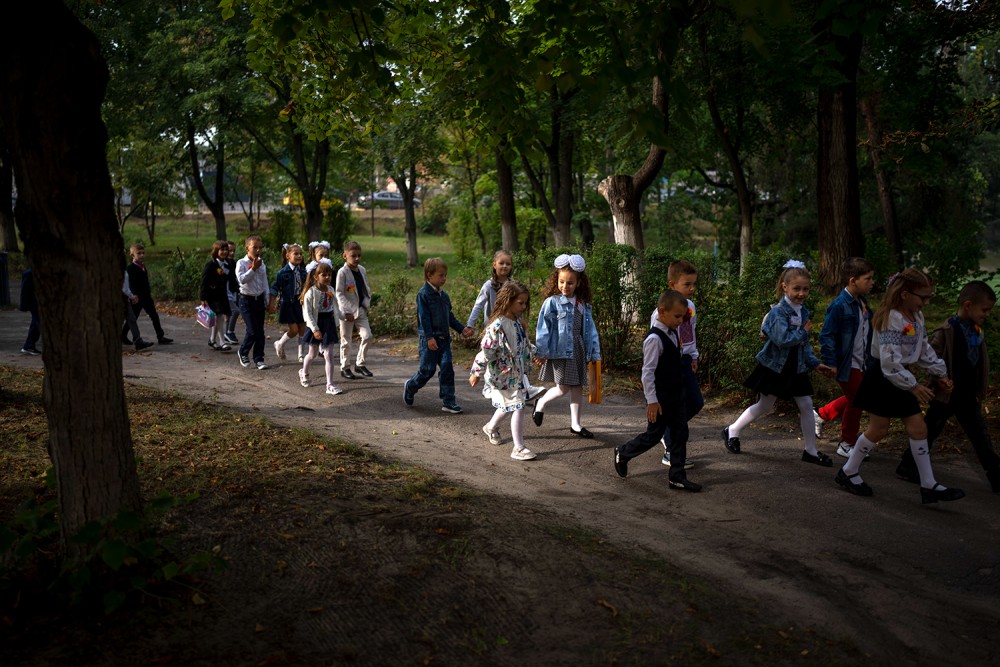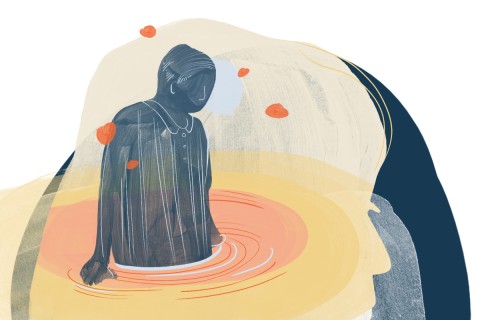Neutrality or solidarity?
In Ukraine, faith-based humanitarian workers face a fundamental question about the nature of their work.

In February 2022, as missiles fell on Ukrainian cities and Russian snipers stalked the Kyiv suburbs, major international aid organizations suspended operations and ordered their staff to leave. The initial humanitarian response fell to Ukrainian civilians. According to Humanitarian Outcomes, a London-based think tank, “for the first six weeks post-invasion, virtually all humanitarian aid inside Ukraine was organised and implemented by local actors.” Everyday Ukrainians, who were themselves mourning losses in their own families and communities, still found ways to save neighbors’ lives.
While this instance of locally organized aid was necessitated by the particular conditions of this war, it is also part of a broader movement. Calls to localize aid have made their way into the humanitarian lexicon from the development sector, where localization refers to the belief that people on the ground should have more of a say in their own development. For humanitarian workers, especially those who operate in conflict zones, localization means that emergency money and the authority over how to spend it should be given to people from the communities affected by violence.
In April 2023, I observed these efforts on the ground with NGOs in Ukraine’s Transcarpathia region. I entered Ukraine from Hungary, traveling out of Budapest with a bus company recommended by a journalist friend. The unmarked black minivan was full—seven young Ukrainians and me, the lone American—by the time we reached the border. The sun had set. Our headlights lit up a guard who was waving us down; he approached the driver’s side window as we rolled to a stop.



